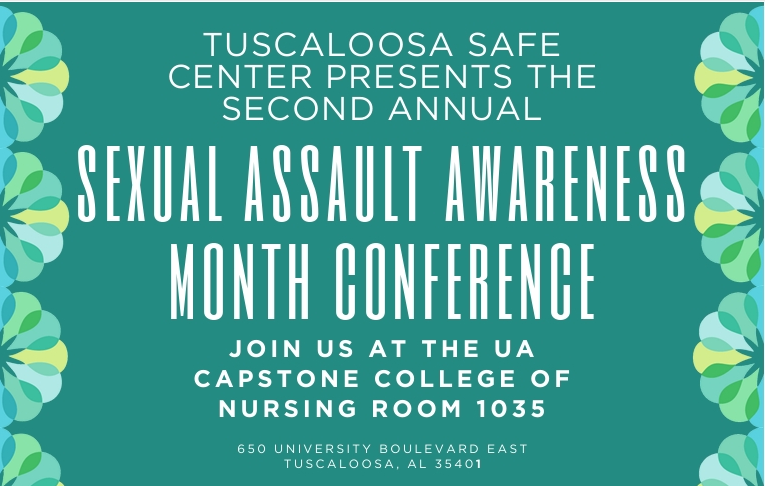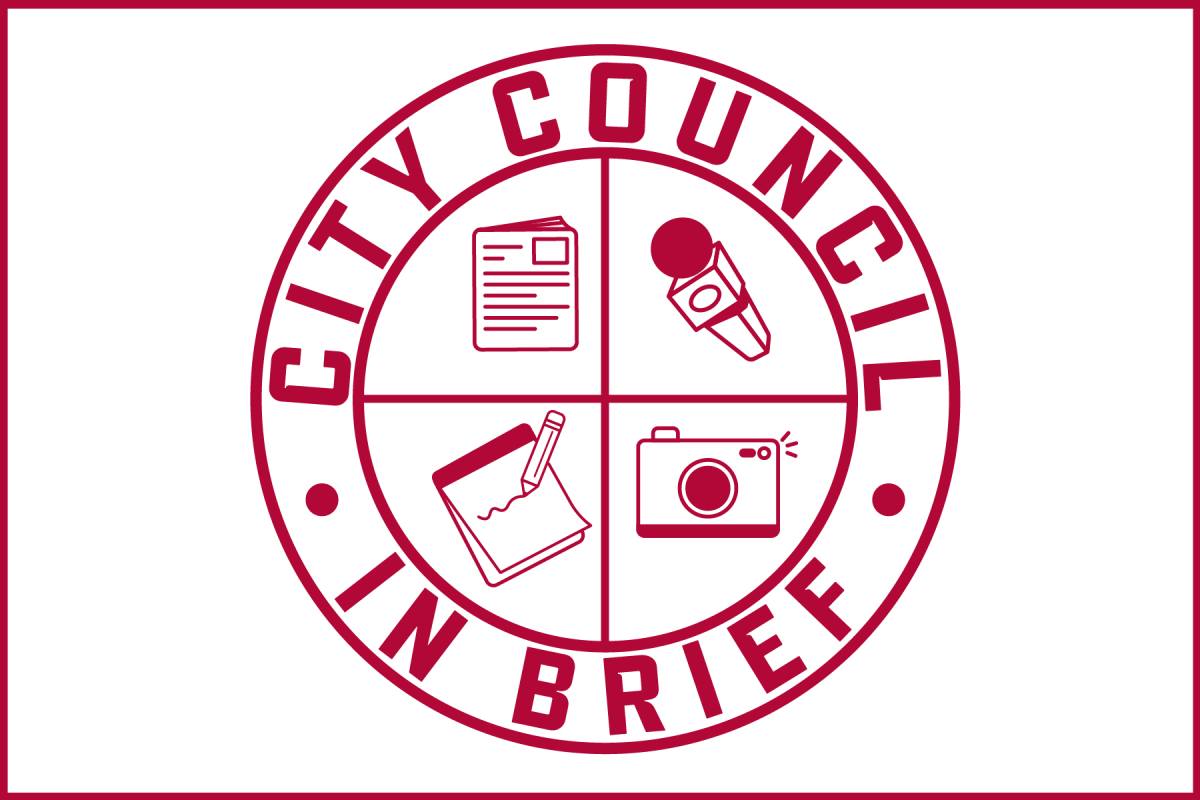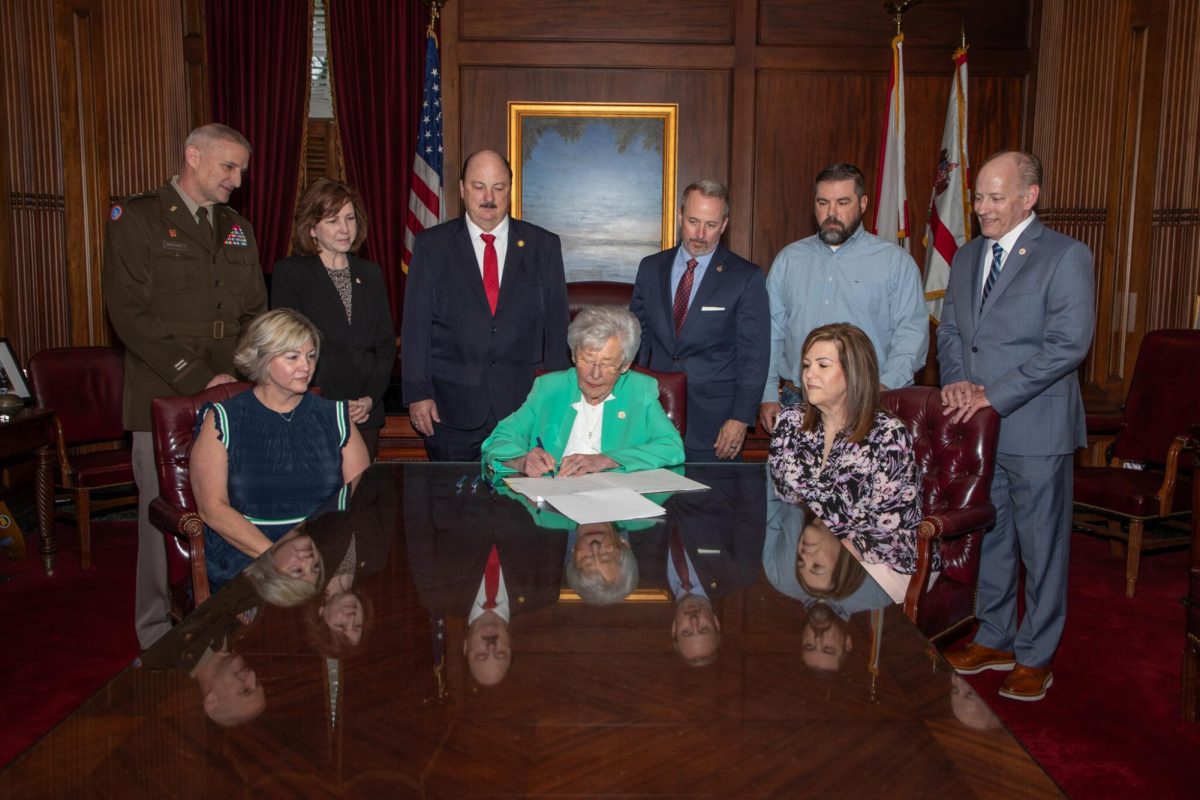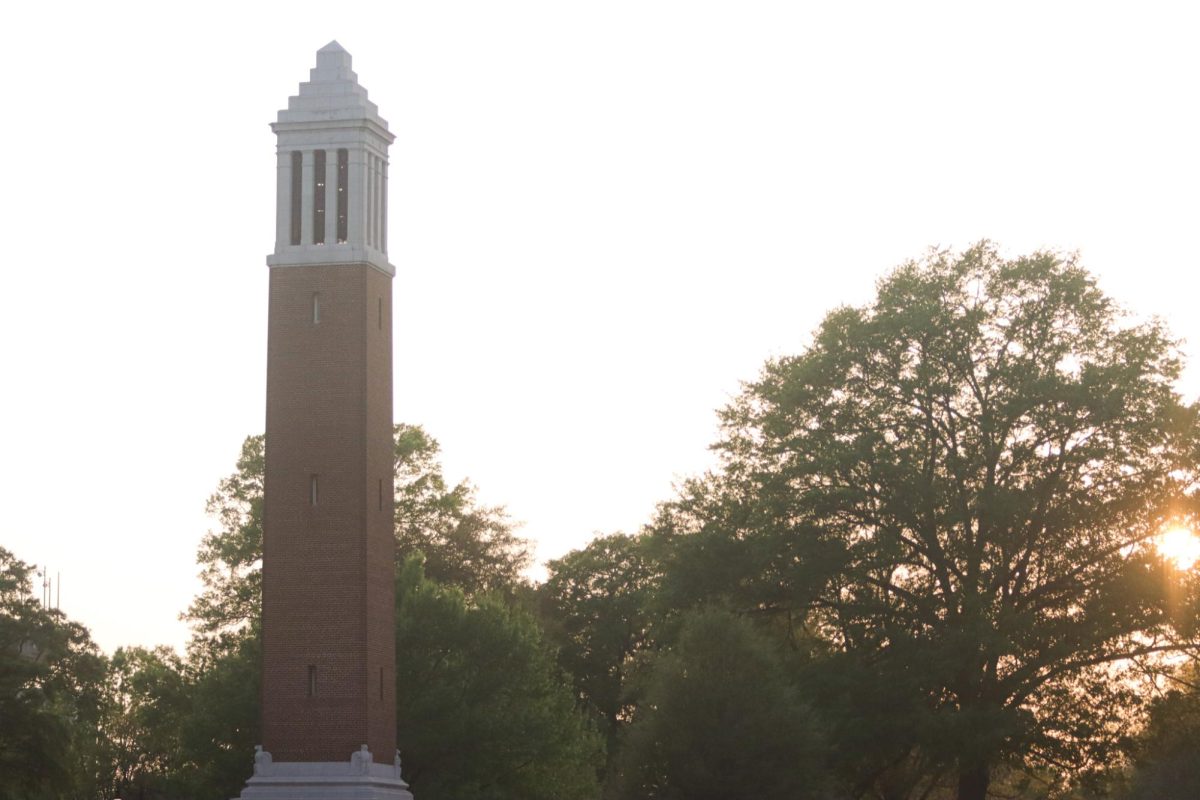The transition into college life is difficult for most students, but The University of Alabama hopes to make the process easier for those students also moving back into civilian life by helping veterans overcome the lasting effects of the traumas of their service.
The University’s Office of Military and Veteran Affairs is only a year old, but has already established itself within the top 15 percent of military-friendly universities, offering veterans, active-duty servicemen and dependents relief and assistance in these transitions.
“When I came here last September, I knew what I wanted to establish: a one-stop shop,” Director David Blair said. “Basically, linking veterans with benefits, counseling and the financial aid office.”
In August, the office opened its Veterans Center in Room 1 of B.B. Comer Hall, an oasis of sorts that includes several study rooms and a computer lab.
“Before I came, there were assets across campus to help servicemen but not in one place,” Blair said. “Now, we have a service center dedicated to veterans, ROTC cadets and our nearly 1,500 dependents.”
Grey Westbrook, a 24-year-old junior majoring in advertising, came to the University after serving 15 months in Iraq with the U.S. Army. He said the transition into college was strained because of his different life experiences. He ultimately found a home within the school’s Campus Veterans Association, the student organization associated with the Office of Military and Veteran Affairs.
“It’s really is hard for a 22-year-old to make friends,” Westbrook said. “I mean, you can’t go to frat parties, because you’re too old. The only other place you can go to are bars or student organizations.
“It’s difficult. It’s difficult to deal with 18- or 19-year-olds – kids who don’t know what it’s like to work for anything in life. They’re used to studying for tests. Have they ever gotten out and done hard labor? Made sacrifices? Put an effort that will show, other than a sporting event? A lot of these kids don’t understand what I’ve been through, but the veterans do.”
The office also has a relationship with the Tuscaloosa Veteran Affairs Medical Center to service their students with all of the resources offered to the community. Lawanda Vanhorn, a social worker at the VA hospital, also serves as liaison between the center and other organizations – including the University and Shelton State Community College – to more directly define the needs of the students and connect them to assistance.
“Whatever the veteran student office needs, we connect them to the veteran hospital, because we want the students to be successful and to graduate on time,” Vanhorn said. “We try to identify their needs and connect them with programs to help. For example, if a veteran is having trouble quitting smoking, we have support groups for that.”
Blair said Vanhorn also links their veteran students who have post-traumatic stress disorder with therapy offered by staff psychologists at the medical center. PTSD is an anxiety-based disorder that occurs after an individual is exposed to a traumatic event – such as war, a natural disaster or a car accident – that threatens their sense of safety and well-being, Vanhorn said.
“The effects of PTSD are wide-ranging, such as anger, avoidance, isolation, frustration, depression or substance abuse,” Vanhorn said. “What happens is the student veterans at the UA Office of Military and Veteran affairs can come and get an assessment. It is nothing that is mandatory. We can’t force them into therapy, but there are a lot of options that people don’t know about.”
Although all veterans do not develop PTSD, the center offers resources to handle the difficult transition back into civilian life. The center offers several evidence-based therapy sessions, such as cognitive process therapy and prolonged exposure therapy, Vanhorn said.
“There is a common misconception that every veteran has PTSD, but that’s not true,” Vanhorn said. “Those with PTSD have to learn to cope with it. We have to ask, ‘What is normal?’ But normalcy is based on the patient. Evidence-based therapy helps individuals go on and live normal lives.”








